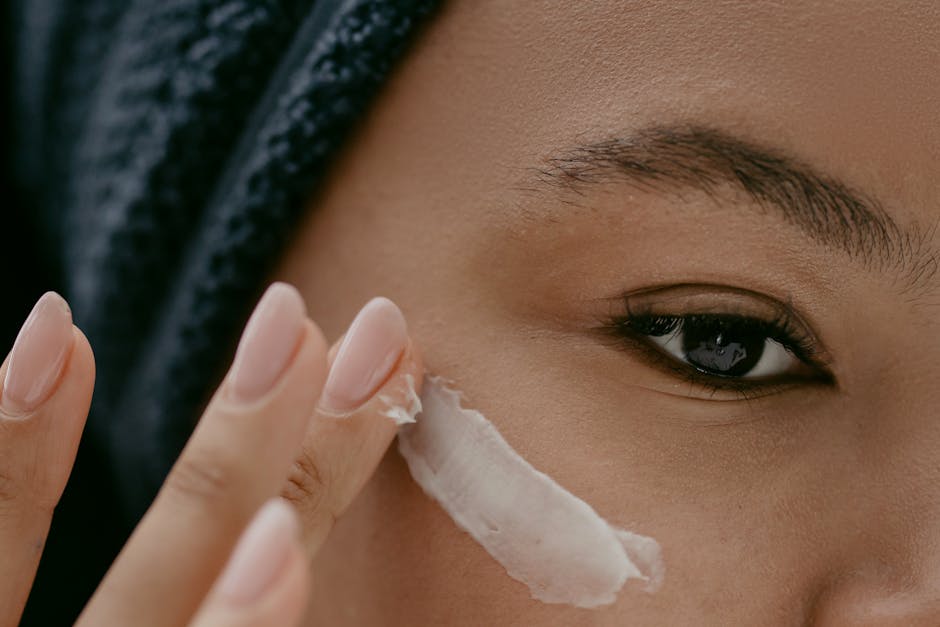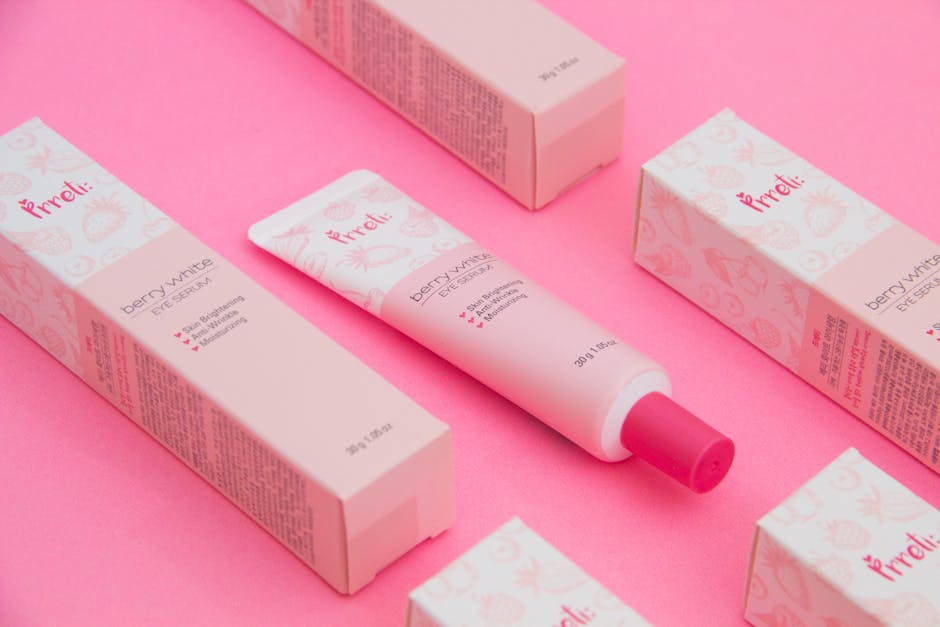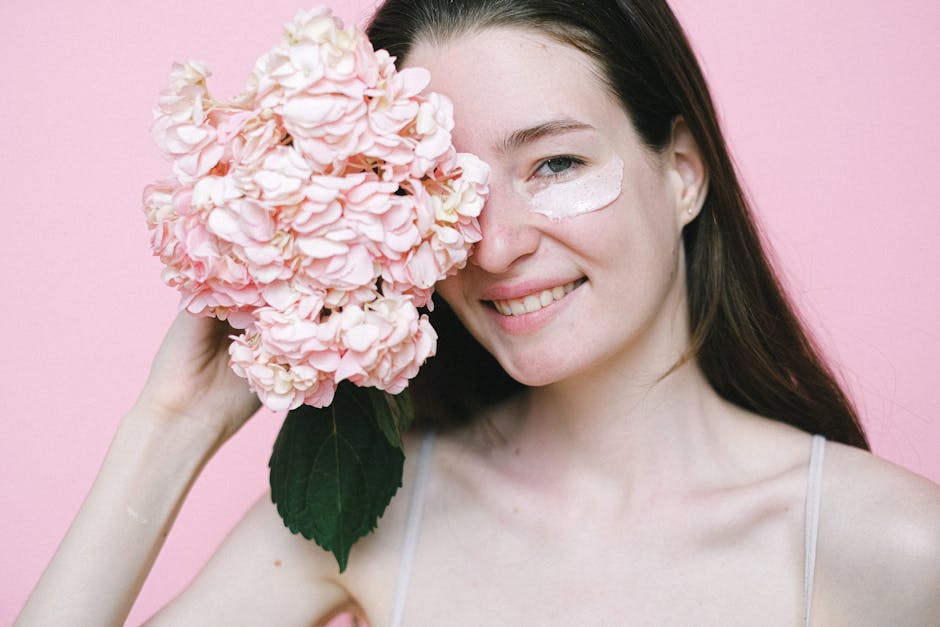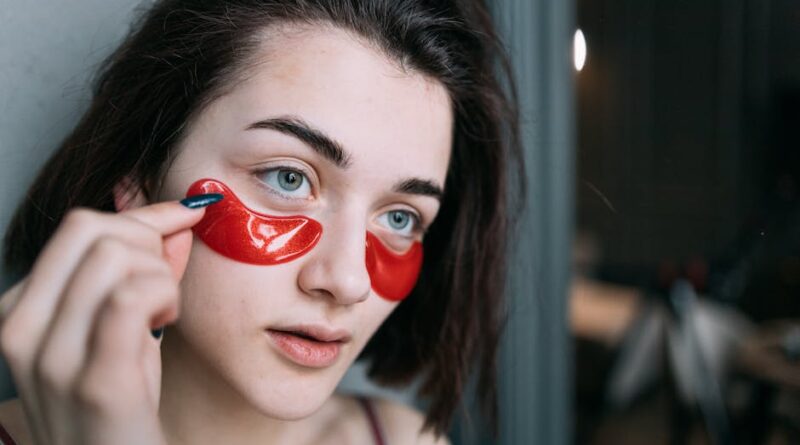The Role of Hydration in Eye Care
Did you know that staying hydrated can directly impact your eye health? Most people think of drinking water as a way to quench thirst, but it does much more than that. Proper hydration is essential for maintaining clear vision and preventing eye-related issues.
In this article, well explore the connection between hydration and eye care. Well discuss how water affects your eyes, signs of dehydration, and tips for staying hydrated. Lets dive in!
Why is Hydration Important for Your Eyes?

Your eyes, like every part of your body, need water to function well. When you’re hydrated, your eyes produce tears effectively. Tears keep your eyes moist, wash away debris, and protect against infections.
Water also helps deliver nutrients through your bloodstream. These nutrients are crucial for maintaining the health and function of your eyes. When you’re not drinking enough water, you can experience dry eyes, discomfort, and even blurred vision.
What Happens When You’re Dehydrated?

Dehydration is more than just a dry throat. It can lead to several issues with your eyes, including:
- Dry Eyes: Without enough tears, your eyes may feel gritty or scratchy.
- Redness: Dehydration can cause your eyes to become red and irritated.
- Blurred Vision: Insufficient hydration can lead to temporary vision problems.
- Eye Fatigue: Your eyes might feel tired and strained, especially after long hours of screen time.
In fact, studies show that people who drink less than the recommended amount of water are more likely to experience dry eye symptoms. If you’re often in front of a computer or reading for long periods, hydration becomes even more critical.
How Much Water Should You Drink?

The general guideline is to drink about 8 glasses (64 ounces) of water a day. However, this can vary based on your age, weight, activity level, and climate. Here are a few tips to help you gauge your hydration needs:
- Listen to Your Body: Thirst is a good indicator. If you feel thirsty, drink!
- Check Your Urine: Light yellow urine usually means you’re well-hydrated.
- Consider Your Activity: If you’re exercising or in hot weather, increase your intake.
Remember, hydration doesn’t just come from water. Foods like fruits and vegetables also contribute to your daily intake!
What Drinks Are Best for Hydration?

Water is the best choice, but there are other options to keep you hydrated:
- Herbal Teas: Naturally caffeine-free and hydrating.
- Infused Water: Add fruits or herbs for flavor and extra nutrients.
- Coconut Water: A tasty way to hydrate, rich in electrolytes.
- Limit Sugary Drinks: Sodas and energy drinks can lead to dehydration.
Just be mindful of caffeine. Drinks like coffee and tea can have a dehydrating effect if consumed in excess.
How Can You Tell If Your Eyes Are Dehydrated?
Recognizing the signs of dehydrated eyes is important. Here are some symptoms to watch for:
- Scratchiness: A gritty or scratchy feeling in your eyes.
- Burning Sensation: A burning discomfort that can be irritating.
- Excessive Tearing: Ironically, dry eyes can lead to watery eyes as a response.
If you notice these symptoms, it might be time to drink more water. It’s also a good idea to take breaks when working on screens, which can contribute to eye strain.
Are There Any Myths About Hydration and Eye Care?
Many myths surround hydration and eye health. Lets clear some of them up:
- Myth: You only need water when you’re thirsty. Fact: By the time you feel thirsty, you may already be dehydrated.
- Myth: All drinks hydrate equally. Fact: Alcohol and caffeinated beverages can lead to increased dehydration.
- Myth: Dry eyes are just a part of aging. Fact: While aging can contribute, dehydration plays a significant role regardless of age.
it’s crucial to separate facts from fiction to maintain good eye health.
What Other Factors Affect Eye Hydration?
Hydration is just one piece of the puzzle. Other factors can impact your eye health as well:
- Environment: Dry air from heating or air conditioning can worsen dry eyes.
- Screen Time: Staring at screens reduces blink frequency, leading to dryness.
- Diet: A diet rich in omega-3 fatty acids can support eye health.
Paying attention to these factors can help create a more comfortable environment for your eyes.
How Can You Improve Eye Hydration?
Here are some simple strategies you can implement:
- Stay Hydrated: Aim for that 8-glass goal every day.
- Use a Humidifier: This can add moisture to the air, especially in winter.
- Take Breaks: Follow the 20-20-20 rule: every 20 minutes, look at something 20 feet away for 20 seconds.
- Wear Sunglasses: Protect your eyes from wind and sun, which can dry them out.
By incorporating these tips, you can help keep your eyes feeling comfortable and refreshed.
When Should You See an Eye Care Professional?
If you continue to experience dryness or discomfort despite staying hydrated, it’s wise to consult an eye care specialist. They can offer more specific advice or treatments tailored to your needs. Regular check-ups are also essential for maintaining overall eye health.
Remember, your eyes are a precious part of your health. Taking care of them now can prevent issues down the road.
Takeaway: Hydrate for Healthy Eyes!
Proper hydration plays a vital role in eye care. Drinking enough water supports tear production, nutrient delivery, and overall comfort. don’t wait until you feel thirstymake hydration a daily habit!
For more tips on eye care, check out our post on Eye Health Tips.
Stay hydrated, and your eyes will thank you!



